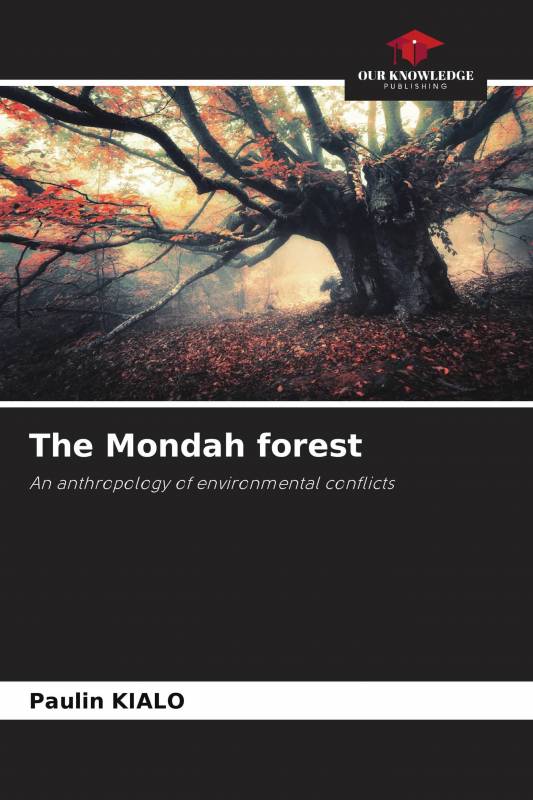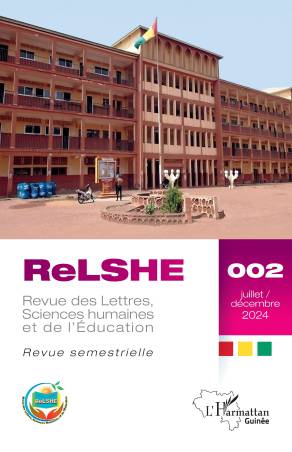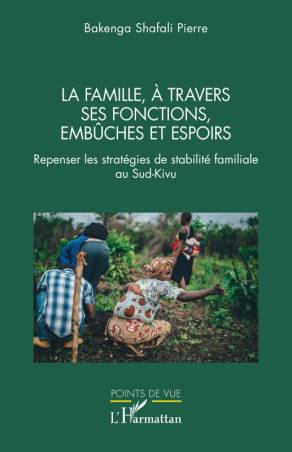




For several decades, Gabon has been pursuing a policy of preserving its forest and fishery resources, notably through the establishment of national parks.
Their erection has required the exclusion of populations from the areas from which they drew their resources to satisfy their multiform needs.
This exclusion gives rise to conflicts between the local populations and other actors: NGOs, the State and the international community.
These conflicts are an issue that is receiving increased attention because the misuse of natural resources has contributed to the conflicts and is complicating the subsequent reconstruction efforts.
Conflicts of use in the forests have taken on a different dimension under colonization and reveal the evolution of legal concepts relating to the organization of human relationships with renewable natural resources.
The establishment of the park introduces a new factor of power that is that of conservation managers, supported by international discourses on conservation.
This leads to local reactions that are the opposite of conservation objectives.
Lire la suite
Paulin KIALO is a senior research fellow in anthropology and a researcher at the CENAREST Institute for Research in Human Sciences.
He works on the relationship between human populations and the forest environment.
He is the author of several books and articles.
Fiche technique









